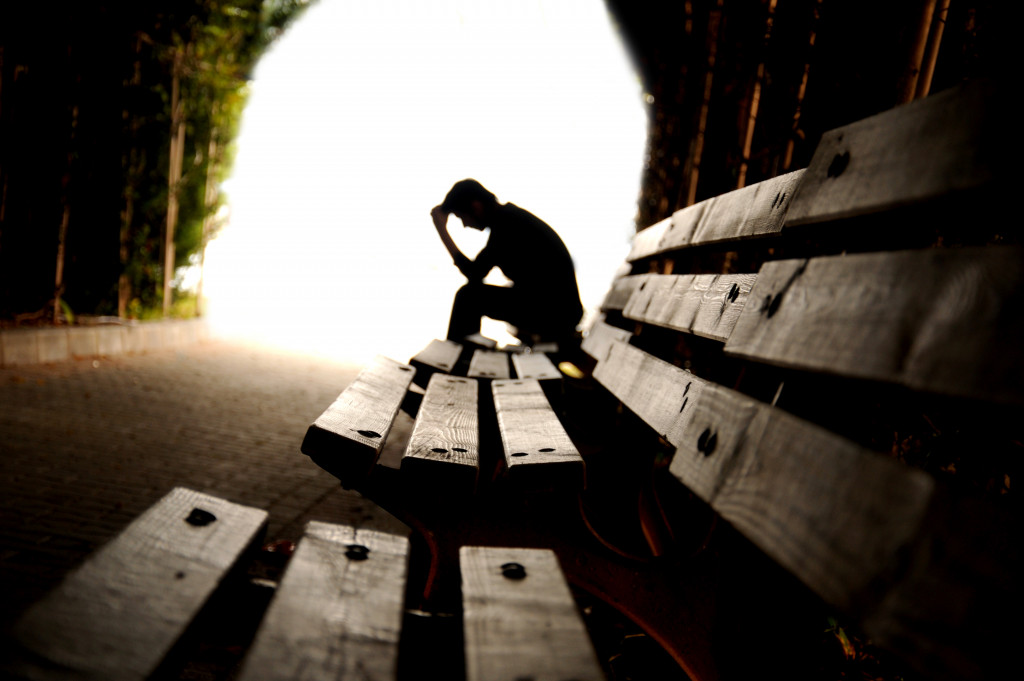- Social isolation can stem from various causes and have severe health consequences.
- It can impact mental health, physical health, cognitive abilities, and work life, leading to substance abuse.
- Contact family and friends, join a group, or volunteer to fight social isolation.
- It takes time to build meaningful relationships, but the right support system can help manage social isolation.
- Stay mindful of your mental and physical health, and explore professional help if necessary.
Social isolation may seem rare, but many people experience it. It can result from different factors such as physical disabilities, age, mental health issues, relocation, or even social circumstances. Regardless of the reason, social isolation can be a significant public health problem that requires attention. Here’s how social isolation can affect you, and explore some steps to fight it.
Mental Health Issues
Social isolation can trigger mental health issues such as depression and anxiety. This is because social interaction plays a crucial role in mental health, and when it’s missing, it can cause negative emotions. It’s common for socially isolated people to experience loneliness, sadness, and lack of self-worth. In some cases, it can also lead to severe mental health issues. It’s essential to take note of these symptoms and seek professional help if necessary.

Physical Health Issues
Social isolation can affect physical health as well. Studies have shown that socially isolated people are more likely to develop chronic conditions such as heart disease, high blood pressure, and obesity. This is because social interactions contribute to physical health by promoting healthy behavior such as exercising, eating healthily, and obtaining enough rest. Social isolation can deprive people of these healthy behaviors, leading to health issues.
Cognitive Decline
Social interactions stimulate cognitive functions and help maintain brain health. In contrast, social isolation can lead to cognitive decline, especially in older people. The lack of mental stimulation and social activity can impact cognitive abilities such as memory, attention, and reasoning. Research has shown that socially isolated seniors are more likely to develop cognitive impairments such as dementia and Alzheimer’s.
Work Life
The workplace is where we spend most of our waking hours. Social isolation affects our work lives in numerous ways, including decreased productivity and job satisfaction. Working from home has become the norm for many of us, leading to a blurring of lines between work and home life, making it challenging to maintain a work-life balance. Social isolation can sometimes lead to job loss and worsening financial problems.
Substance Abuse
Social isolation can lead to substance abuse to cope with negative emotions. It’s common for people who feel lonely or depressed to turn to drugs or alcohol to feel better temporarily. Unfortunately, this behavior can escalate into substance abuse disorders and addiction, which can cause severe consequences such as physical harm, legal issues, and financial problems.
How to Fight Social Isolation
There are several ways to combat social isolation. Here are some tips to help you stay connected with the world and fight loneliness:
Reach Out to Friends and Family Members
One of the best and easiest ways to fight social isolation is by reaching out to friends and family members. Maintaining a strong support system can provide the emotional connection you need during difficult times.

Set up a Party
Once you’ve reached out to your circle, it’s time to step out of your comfort zone and socialize with strangers. Setting up a party or gathering can help you meet new people and make new friends. Don’t worry too much about the venue. There are affordable party rentals you can use to throw an event. These rentals offer movie screens which can be a great setup if you want a movie night. They also have equipment for children’s parties if you have younger family members or friends.
Join a Club or Group
Joining a group is another way to fight social isolation. It doesn’t have to be anything big. If you’re an avid reader, try joining a book club. If you like sports, join a team or find one nearby. There are also online groups and forums where you can meet like-minded people and have meaningful conversations.
Volunteer
Helping others is a great way to make new connections. Volunteering for a cause or an organization can help you find your purpose in life and allow you to connect with other people who share the same values as you do. It’s also an excellent way to make new friends and learn from different perspectives.
These are just a few ways to fight social isolation. It’s important to remember that it takes time to build meaningful relationships, so don’t give up if you find it difficult at first. Just take things slow and explore different options until you find one that works for you. You can manage your social isolation and live a healthier life with the right support system.

